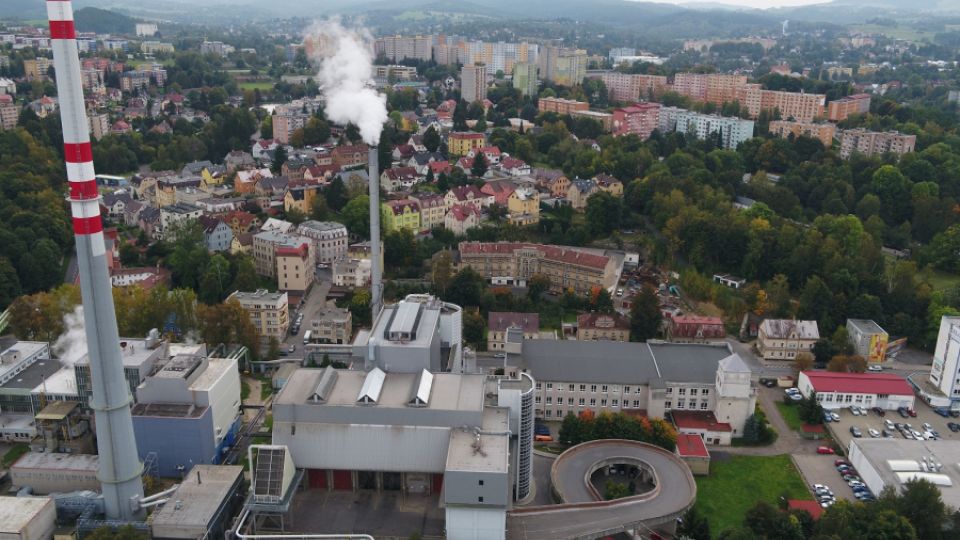The growing number of waste incinerators may be an essential problem for the European, and especially Czech, climate policy – this is the conclusion of Arnika’s webinar entitled Climate: Incinerators Will Make Things Hot for Us.
The main topic of the webinar was waste incineration and its influence on CO2 emissions. The major part of them is caused by incineration of plastics manufactured from oil, it means from one of fossil fuels. From the presentation of an expert on incinerators and environment, Nikola Jelínek, it ensued that waste incineration shows considerably higher CO2 emissions per produced kWh of energy, in comparison with the European Union average. However, not only incineration of waste comprising plastics is questionable, but also incineration of biodegradable waste forming part of usual municipal waste. “Emissions of biogenic origin, that form up to a half of CO2 emissions from incinerators, are not included into environmental impact assessment at all during construction and planning of new incinerators.” says Jelínek.
According to a current South Korean study (Kwon et al., 2023), energy production from plastic waste (including incineration in plants for energy production from waste), will cause higher CO2 emissions than fossil fuel combustion by 2050. The study findings show that energy production from plastic waste should be regarded as a much bigger problem than currently is. In other words, substitution of coal, oil and natural gas in heating plants with waste does not, in any case, solve the problem of CO2 emissions share caused by heat production. If we want to avoid further contributions to warming up of atmosphere, we have to avoid the blind alley where plants for energy production from waste and similar technologies lead.
The second lecturer, an expert on toxic substances, Jindřich Petrlík, emphasized the negative impacts of incinerators on biodiversity. In particular due to handling of waste fly ash, the so-called immortal chemicals – persistent organic pollutants (POPs) are released into the environment. Subsequently, they gradually accumulate in the food chain and threaten apex predators, such as, for example, bald eagle, a symbol of the USA, and green turtle living in Australia. However, immortal chemicals represent a problem also in Europe. “In Sweden, a study investigated why reproductive abilities of otters were reduced and it found that it was caused by increased concentrations of polychlorinated biphenyls. These substances are banned nowadays, they are not manufactured and used any more, however, unfortunately, they are produced unintentionally as by-products, in a similar way as dioxins during incineration.” says Petrlík.
The third problem about which the Arnika’s experts warned was phosphorus losses caused by incineration of biodegradable waste and contribution of incinerators to crossing the third planetary boundary – disturbance of the phosphorus cycle. „Almost 10,000 tons of phosphorus are lost in Danish incinerators every year,“ estimated professor Lars Stoumann Jensen from the Faculty of Science of the University of Copenhagen. This roughly corresponds to the amount imported as phosphate into Denmark annually.
According to Arnika, fundamental changes are necessary in attitudes and measures concerning operation of incinerators, but also in the field of plastic manufacturing, because of the provable contribution of incinerators to destructive global environmental changes. They should result in increasing the efforts on recycling, as well as composting of biodegradable waste, and minimisation of plastic manufacturing, as the crucial activities for environmental protection.
For more information, please contact the Arnika’s press agent, Luboš Pavlovič (This email address is being protected from spambots. You need JavaScript enabled to view it., +420 606 727 942).
The project is being supported by the Open Society Fund Prague from the Active Citizens Fund. The programme promotes citizens’ active participation in the public life and decision making and builds capacities of civil society organizations. The Active
Citizens Fund is financed from the EEA and Norway Grants.








